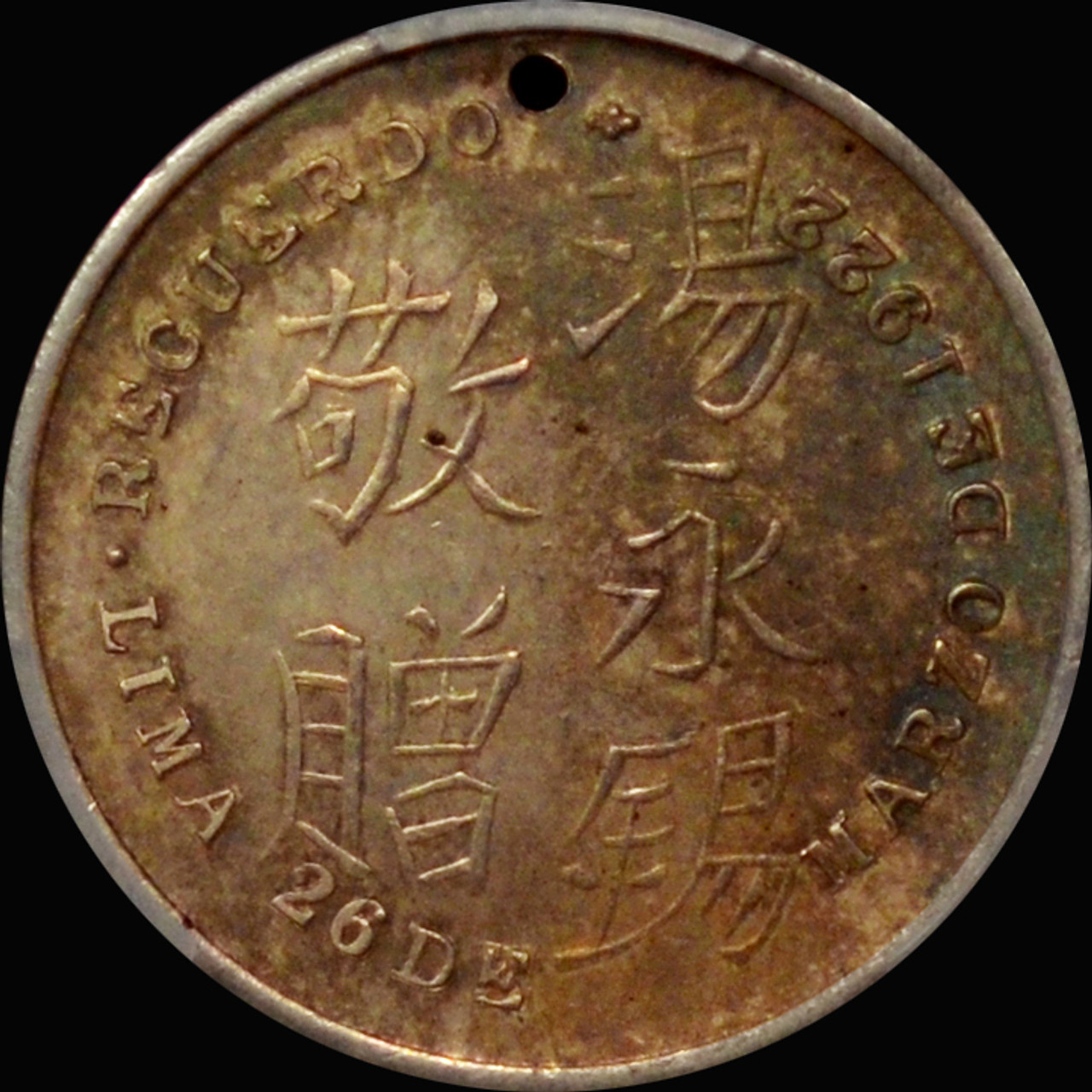
PCGS AU55 1924 Peru "Kuo Ming Tang Party" 国民党开幕纪念章 Silver Medal
The Kuomintang (KMT), which was a Chinese political party, ruled China from 1927 to 1948 before it moved to the island of Taiwan. The party's name is translated as the "National People's Party of China," and it referred generally to Chinese nationalists. Sun-Yat-Sen established the party in 1912, and it was eventually dissolved in 1913.

Tshirt Alla Kuo Min Tang Society Hawaii parsimoniosa Etsy
The Kuomintang ( KMT ), also referred to as the Guomindang ( GMD ), the Nationalist Party of China ( NPC) or the Chinese Nationalist Party ( CNP ), is a major political party in the Republic of China, initially based on the Chinese mainland and then in Taiwan since 1949.
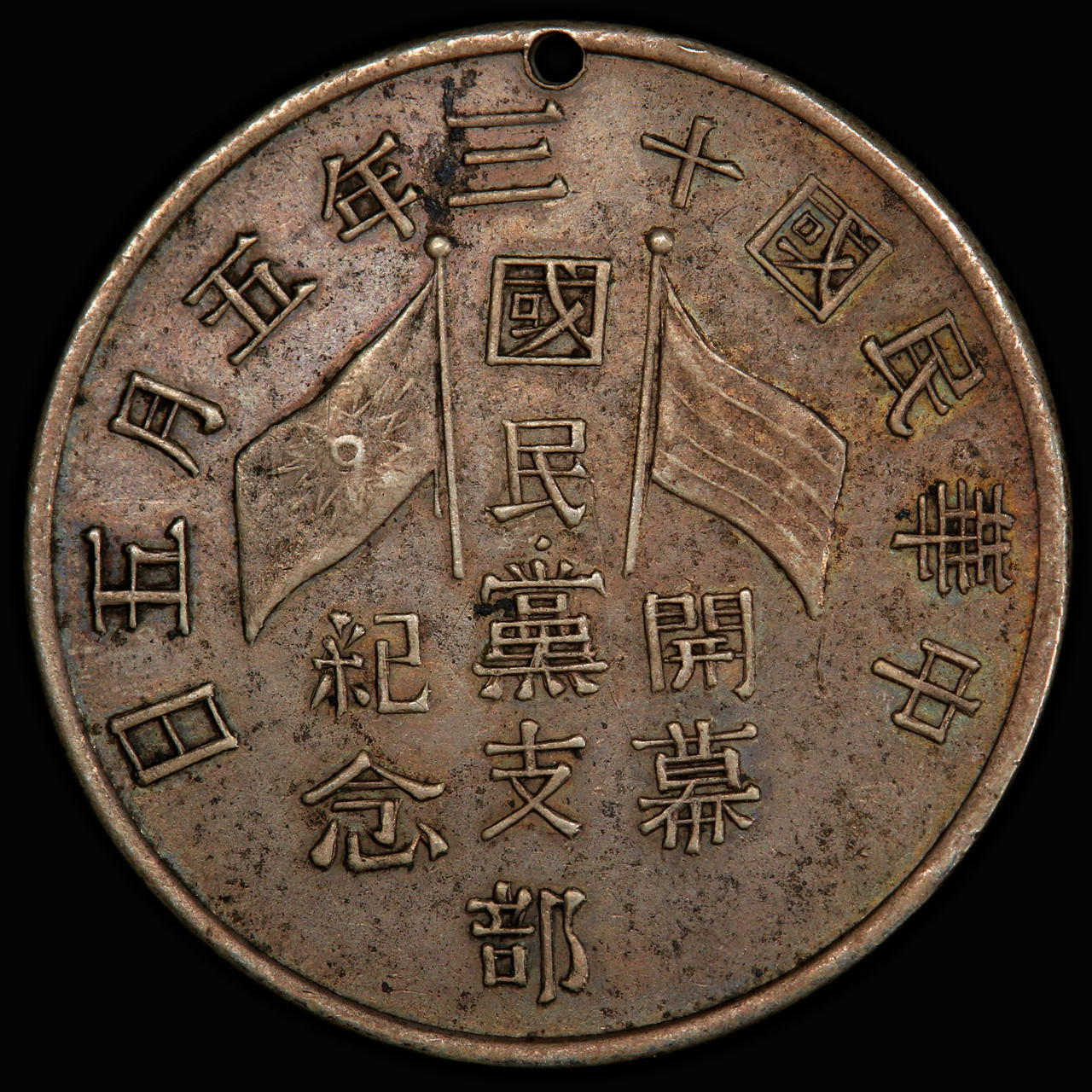
PCGS AU55 1924 Peru "Kuo Ming Tang Party" 国民党开幕纪念章 Silver Medal
Footnote 47 Kuo Ming Tang members were evicted from the national parliament while Yuen consolidated power in the President's office and began to develop imperial dynastic ambitions. The Kuo Min Tang became an illegal organisation in China and the only republican newspaper in Oceania, the Chinese Times, collapsed in 1914.

2. Ming Tang, chief data and analytics officer, NHS England and NHS
The Kuomintang (Traditional Chinese: 中國國民黨; Simplified Chinese: 中国国民党; Hanyu Pinyin: Zhōngguó Guómíndǎng; Initials: KMT or GMD) is a Chinese political party that ruled China 1927-48 and then moved to Taiwan. The name translates as "China's National People's Party" and was historically referred to as the Chinese Nationalists. The Party was initially founded on August.
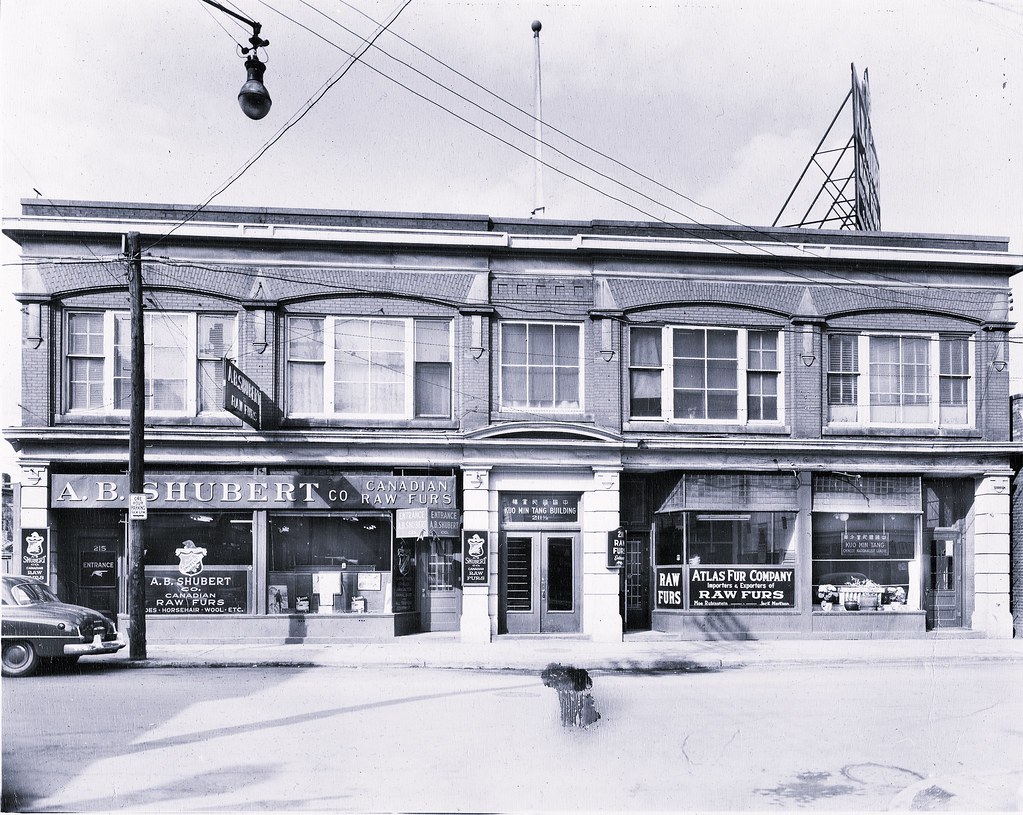
1940's The Johnstone Block/Kuo Ming Tang building at 209… Flickr
Extract. In January 1932 Wang Ching-wei and Chiang Kai-shek came to an agreement and formed a joint leadership in the Kuomintang (KMT) Government. The alliance between the two men lasted until December 1938 when Wang defected to the Japanese side during the Sino-Japanese War. Chinese historians often term this period as the era of 'Wang.

Ming Tang Faculty The People of Rice Rice University
Le Kuomintang, Guomindang, Kuo-Min-Tang, ou Kouo-Min-Tang (sigles : KMT ou GMD ; chinois traditionnel : 中國國民黨 ; pinyin : Zhōngguó Guómíndǎng ; litt. « Parti nationaliste chinois ») est le plus ancien parti politique de la Chine contemporaine, présent aujourd'hui à Taïwan.
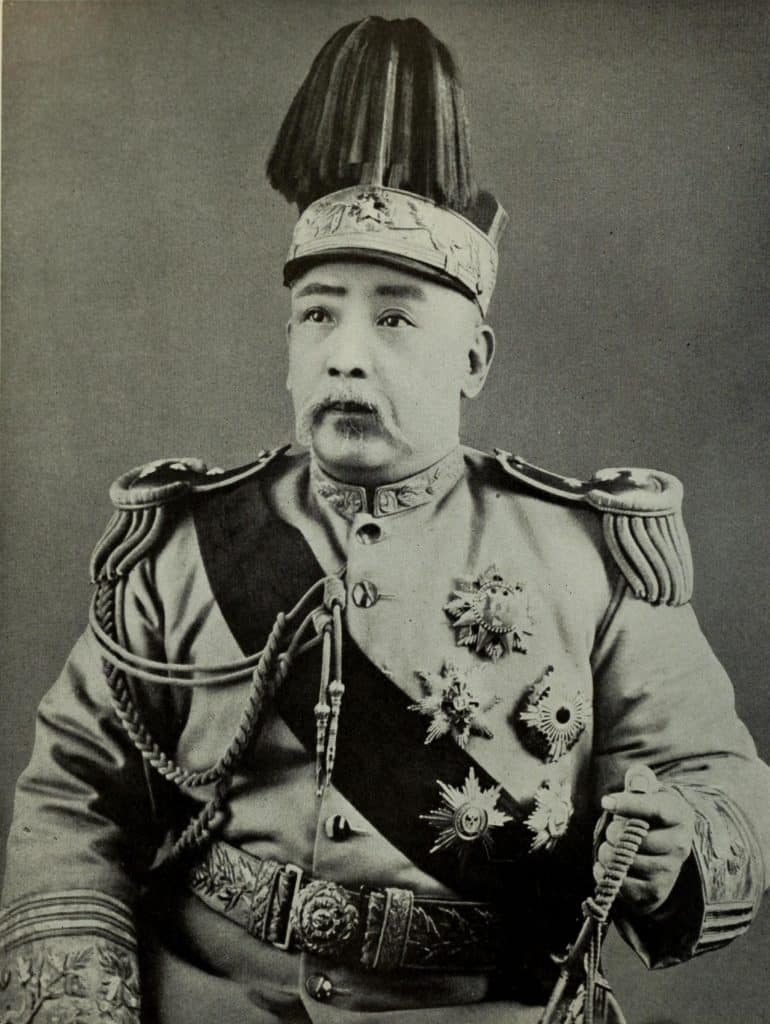
Kuomintang (KMT), the Chinese Nationalist Party Facts & Worksheets
Kuomintang (gwō´mĬn´däng´, kwō´mĬntăng´) [Chin.,=national people's party] (KMT), Chinese and Taiwanese political party [1]. Sung Chiao-jen [2] organized the party in 1912, under the nominal leadership of Sun Yat-sen [3], to succeed the Revolutionary Alliance.
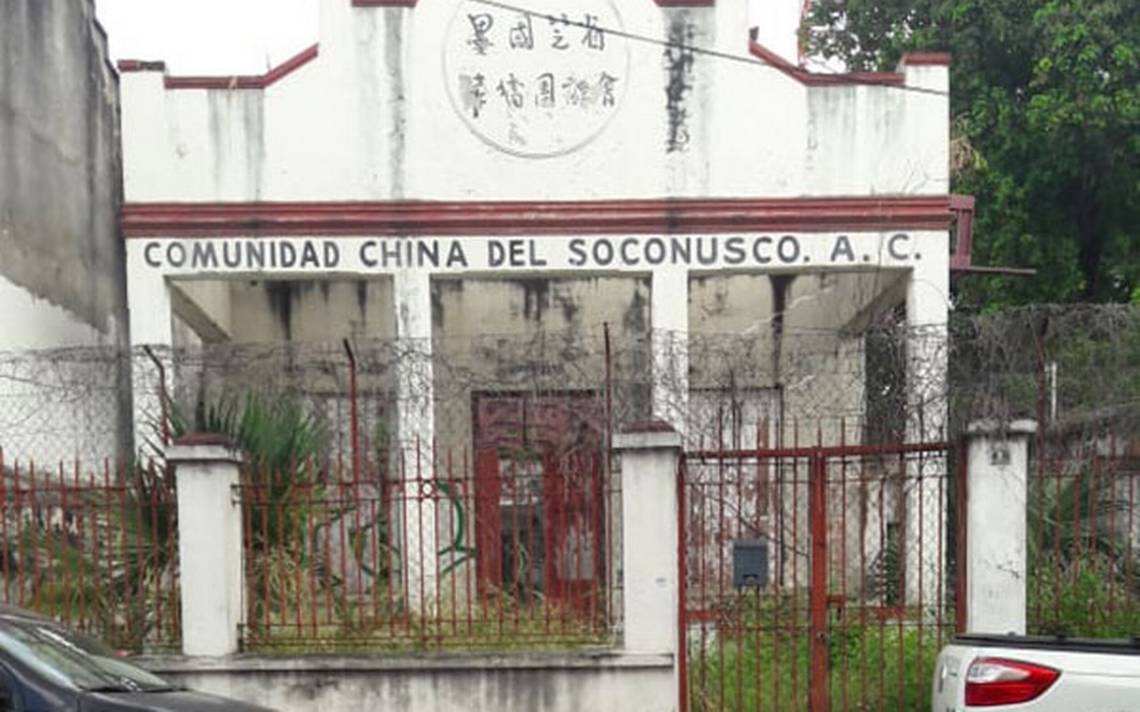
Comunidad china se olvidó del Kuo Ming Tang Diario del Sur Noticias
12 Nov 2020 Taipei, Taiwan - Founded in 1912 during a deeply tumultuous period of Chinese history following the overthrow of the Qing Dynasty, the Kuomintang (KMT) is one of the oldest political.

Ming Tang Centre for Genomics and Personalised Health
Kuomintang buildings (Sydney & Melbourne) Chinese Nationalist Party headquarters - Sydney and Melbourne These buildings in the heart of Australia's two largest cities were once the centre of both political and cultural life for generations of Chinese Australians.

LABORATORY FOR ARTIFICIAL INTELLIGENCE IN DESIGN
Kuomintang. The Kuomintang ( KMT ), [I] also referred to as the Guomindang ( GMD ), [11] the Nationalist Party of China ( NPC) [12] or the Chinese Nationalist Party ( CNP ), [1] is a major political party in the Republic of China, initially based on the Chinese mainland and then in Taiwan since 1949. It was the sole ruling party in China during.

Kuomintang YouTube
Ch'ü Ch'iu-pai also treated the Congress in great detail in Chung-kuo ko-ming yü Chung-kuo kung-ch'an-tang (Chinese revolution and the Chinese Communist Party) (Moscow: 1928)Google Scholar. (This was a report to the Six National Congress of the CCP held at Moscow in July 1928.)

Kuomingtang (KMT) Nationalist Party Of China History, Leaders & Facts
The Kuomintang effort was noteworthy for four reasons: (1) the rapidity with which its course was reversed; (2) the magnitude of the gulf between the Confucian political and social system which the Kuomintang sought to restore and the national and social revolution which the party had lately led to victory; (3) the full and uninhibited adherence.

Kuo Min Tang, Physical Culture Association, Chinatown, Honolulu, Hawaii
When Kuo Ming Tang were defeated by the Chinese Communist Party, he did not follow Chiang Kai Tchek to Taiwan because he followed the armed group of dissident of Yun Nan. Leaving his military career behind, he moved to Vietnam with his family, relinquishing all his political aspirations. He opened a garage called Wing Fong (Huynh Phong) in.

Yuk Ming Tang — PolyU Scholars Hub
Kuomintang (gwōˈmĭnˈdängˈ, kwōˈmĭntăngˈ) [Chin.,=national people's party] (KMT), Chinese and Taiwanese political party. Sung Chiao-jen organized the party in 1912, under the nominal leadership of Sun Yat-sen, to succeed the Revolutionary Alliance. The original Kuomintang program called for parliamentary democracy and moderate socialism.

Bo Tang
In July 1925, the British Cabinet seemingly sealed the fate of the Kuomintang (KMT) movement in Malaya and Singapore by agreeing that "the Governor of the Straits Settlements should be authorised to take the necessary steps for the suppression of the Malayan branches of the Society of Kuo Min Tang".
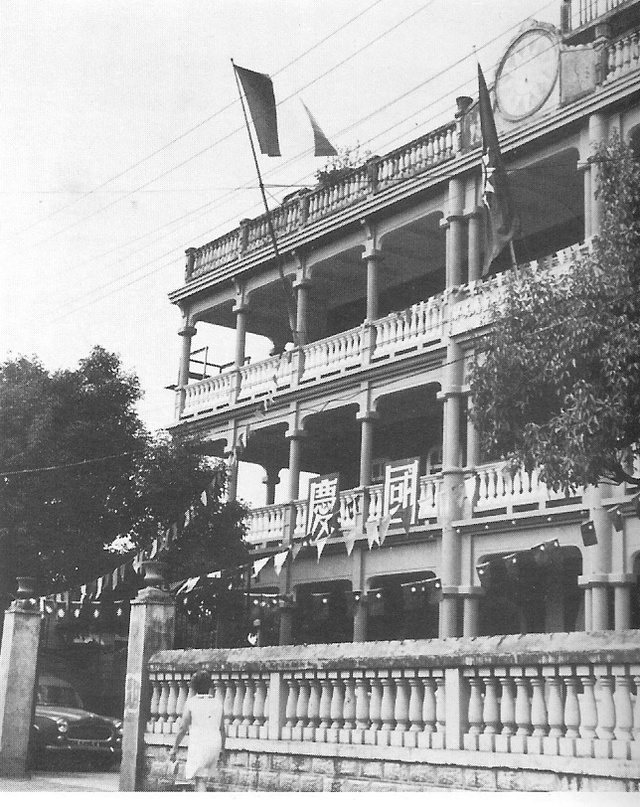
[Campagne C.E.P.] Tahiti en 1968
Kuo•min•tang (ˈkwoʊˌmɪnˈtæŋ, -ˈtɑŋ, ˈgwoʊ-) n. the main political party of China from 1928 to 1949, founded chiefly by Sun Yat-sen in 1911 and later led by Chiang Kai-Shek: the main party of Taiwan since 1949. [< Chinese guómín dǎng national people's party]